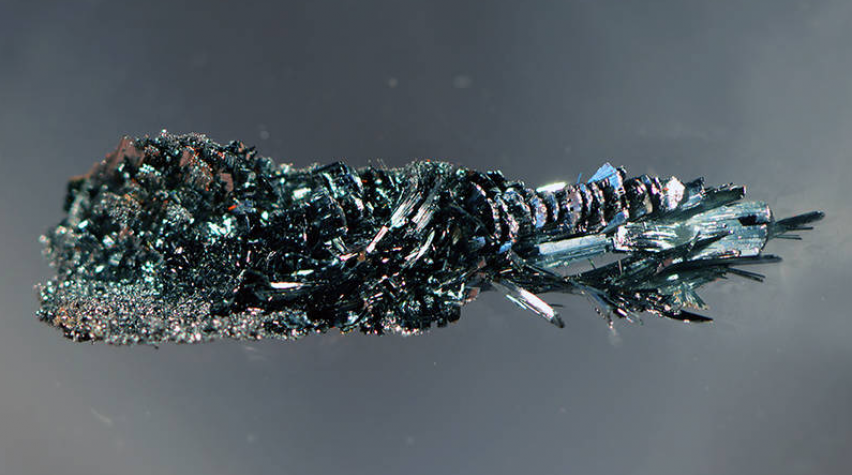
Graphene astounded the world as the first atom-thick carbon network, but a joint German-US research project has developed black phosphorus in which individual phosphorus atoms are replaced by arsenic to create a similarly thin material.
What’s more, the semiconducting material shows potential as a replacement for silicon, which could allow the computer industry to build smaller and flexible devices. In fact, the American researchers involved in the project have already build a field-effect transistor using the material.
The material also has traits that make it ideal for long wavelength infrared radiation, because at an arsenic concentration of 83%, the material exhibits an extremely small band gap of only 0.15 electron volts.
The teams in Germany working on this project are from the Technical University of Munich (TUM) and the University of Regensburg, while the American teams are located at the University of Southern California (USC) and Yale University. and For more information on this new material, see the press release.


